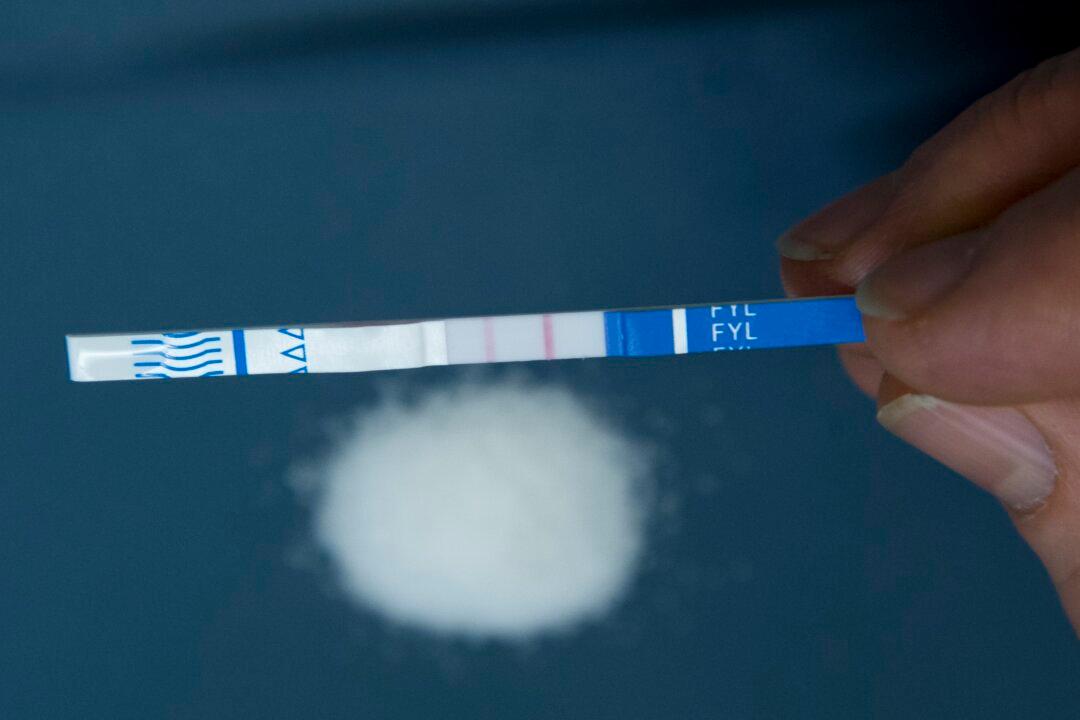Commentary
The recent authorization in British Columbia of provision of “safer supply” fentanyl to the youth of the province without any information to or a solicitation of approval from their parents is astonishing and distressing.

The recent authorization in British Columbia of provision of “safer supply” fentanyl to the youth of the province without any information to or a solicitation of approval from their parents is astonishing and distressing.